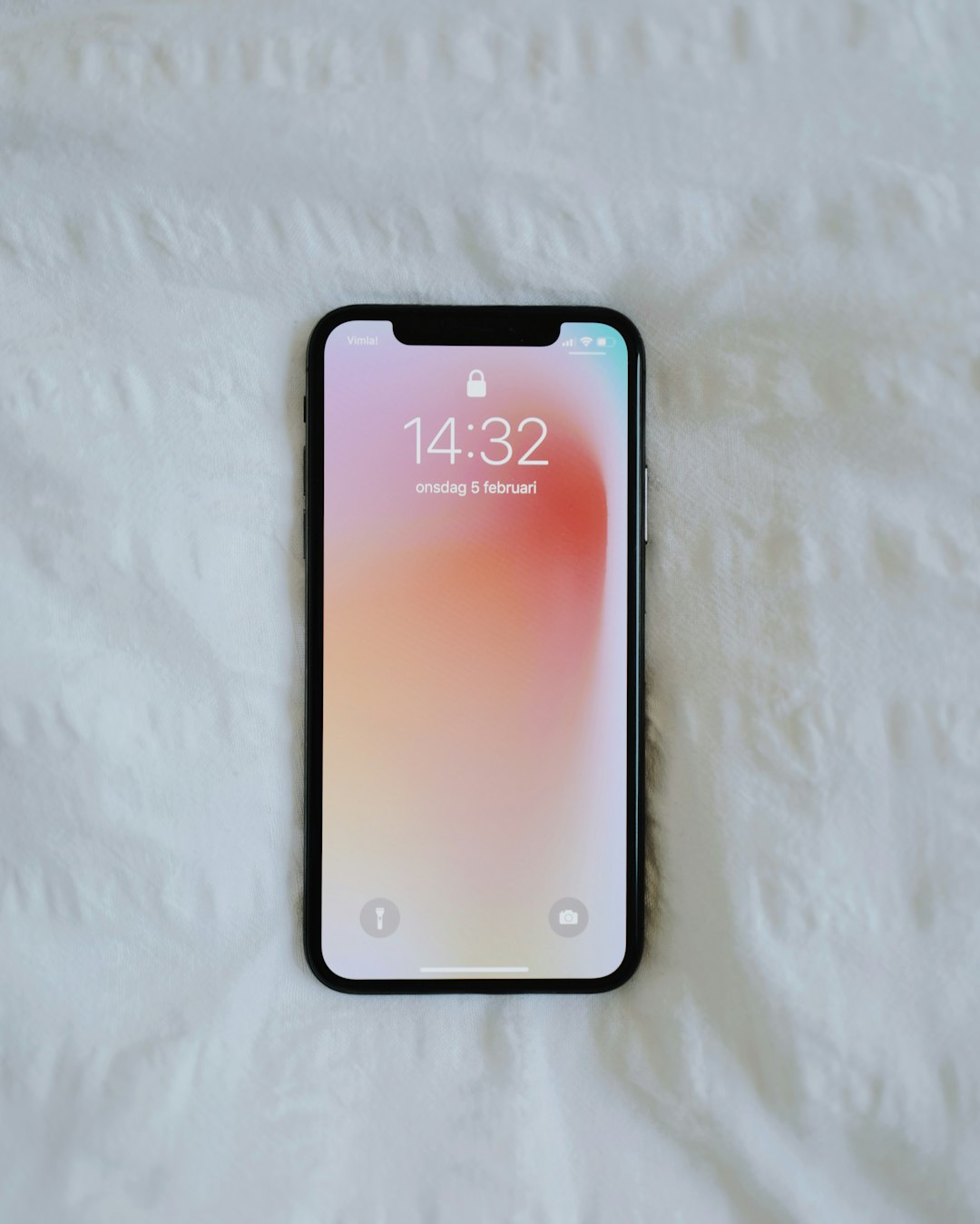In 2025, Queens residents face evolving spam text cases, including sophisticated scams from spam call law firms in New York that adapt to anti-spam regulations. While stricter laws offer some protection, spammers use advanced technology and targeted approaches. To combat these threats, residents should stay vigilant, verify communications, update security software, and support specialized spam call law firms in New York that navigate emerging technologies to protect citizens from intrusive spam texts.
In an era where digital communication dominates, understanding the landscape of spam text cases is paramount, especially in densely populated areas like Queens, New York. This article delves into the evolving world of unwanted text messages, examining historical trends and New York’s regulatory efforts. We explore how these changes impact local law firms and offer insights on common scams targeting residents. By 2025, anticipating future spam call trends is crucial for both consumers and legal professionals, highlighting the importance of staying informed to mitigate potential risks.
The Evolution of Spam Text Cases: A Historical Perspective

Spam text cases have evolved significantly over the years, transforming from simple nuisance calls to sophisticated and targeted campaigns. Historically, spam texts were primarily used for marketing purposes, with businesses sending mass messages promoting their products or services. However, with advancements in technology and the rise of digital communication, scammers and fraudsters began exploiting these channels for malicious activities.
In New York, particularly within Queens, the increase in spam text cases has been notable. While some texts still promote low-quality goods or services, a growing trend involves phishing attempts aimed at personal information and financial data. The introduction of stricter spam call law firms in New York has somewhat mitigated these issues, but as technology continues to advance, so do the methods employed by spammers. As we move into 2025, it’s crucial for residents to remain vigilant and educate themselves on potential risks associated with unsolicited text messages.
New York's Approach to Regulating Spam Calls

In recent years, New York has taken a stringent approach to curbing spam calls, with a particular focus on protecting consumers from unwanted legal solicitations. The state’s robust spam call regulations aim to safeguard residents from aggressive marketing tactics often employed by law firms and other businesses. These measures include the implementation of strict do-not-call lists and fines for violators. New York’s Department of State actively enforces these rules, making it a challenging terrain for spammer operations.
The state’s legislation empowers consumers with the right to silence unwanted calls, especially from law firms offering their services through aggressive telemarketing methods. This proactive stance has significantly reduced the inundation of spam calls across the state, providing New Yorkers with greater peace of mind and control over their phone interactions. As a result, those who operate in compliance with these spam call laws enjoy a competitive edge while ensuring consumer satisfaction.
Impact on Law Firms in Queens: Preparing for Changes

With the evolving landscape of telecommunications and the rise in automated spam calls, law firms in Queens, New York, are facing new challenges in 2025. As regulations around spam protection tighten, these businesses must adapt to reduce their exposure to unwanted communication, which can significantly impact client relations and overall productivity.
Law firms operating in Queens need to prepare for a shift in how they handle incoming calls and messages. Implementing robust anti-spam measures is crucial to mitigate the volume of nuisance calls and text messages, ensuring only legitimate communications reach their desks. By investing in advanced call blocking technologies and training staff on identifying spam patterns, law firms can enhance efficiency and maintain client satisfaction in an increasingly crowded digital space.
Common Types of Spam Text Scams Targeting Residents

In 2025, Queens residents can expect a continued evolution in spam text cases, with scammers employing sophisticated and targeted tactics to defraud unsuspecting individuals. One common type of scam involves spam call law firms that pose as legitimate legal entities, claiming that the recipient has won a lawsuit or inherited a substantial sum of money. These messages often create a sense of urgency, urging recipients to respond immediately to avoid missing out on perceived benefits. Another prevalent scheme is the deceptive promotion of fake services or products, such as miracle health supplements or investment opportunities, which promise significant returns with minimal risk. Scammers use catchy phrases and pressure tactics to lure victims into providing personal and financial information.
New York’s stringent spam call law firms regulations provide some protection for residents, but scammers continually adapt their techniques. To stay ahead, Queens dwellers should remain vigilant, verify the authenticity of any unexpected communications, and never share sensitive data without independent verification. Regularly updating security software and being cautious when downloading apps or clicking links are additional measures that can mitigate the risk of falling victim to these scams.
Future Trends and Predictions for 2025

As we move into 2025, the landscape of spam text cases in Queens, New York, is poised for significant shifts. One prominent trend is the increasing sophistication of spam bots and automated messaging systems. These advanced technologies can now mimic human communication more accurately, making it harder to distinguish between legitimate messages and unwanted spam. This evolution necessitates a proactive approach from law firms specializing in spam call regulations.
In response, New York’s legal community may see a surge in cases involving novel forms of digital communication abuse. The implementation of stricter anti-spam laws and enhanced consumer protection measures will likely encourage more individuals to take legal action against persistent spammers. This shift could lead to a greater demand for specialized law firms that possess the expertise to navigate the complex web of emerging technologies, ensuring that citizens in Queens and across New York remain protected from intrusive spam texts.






